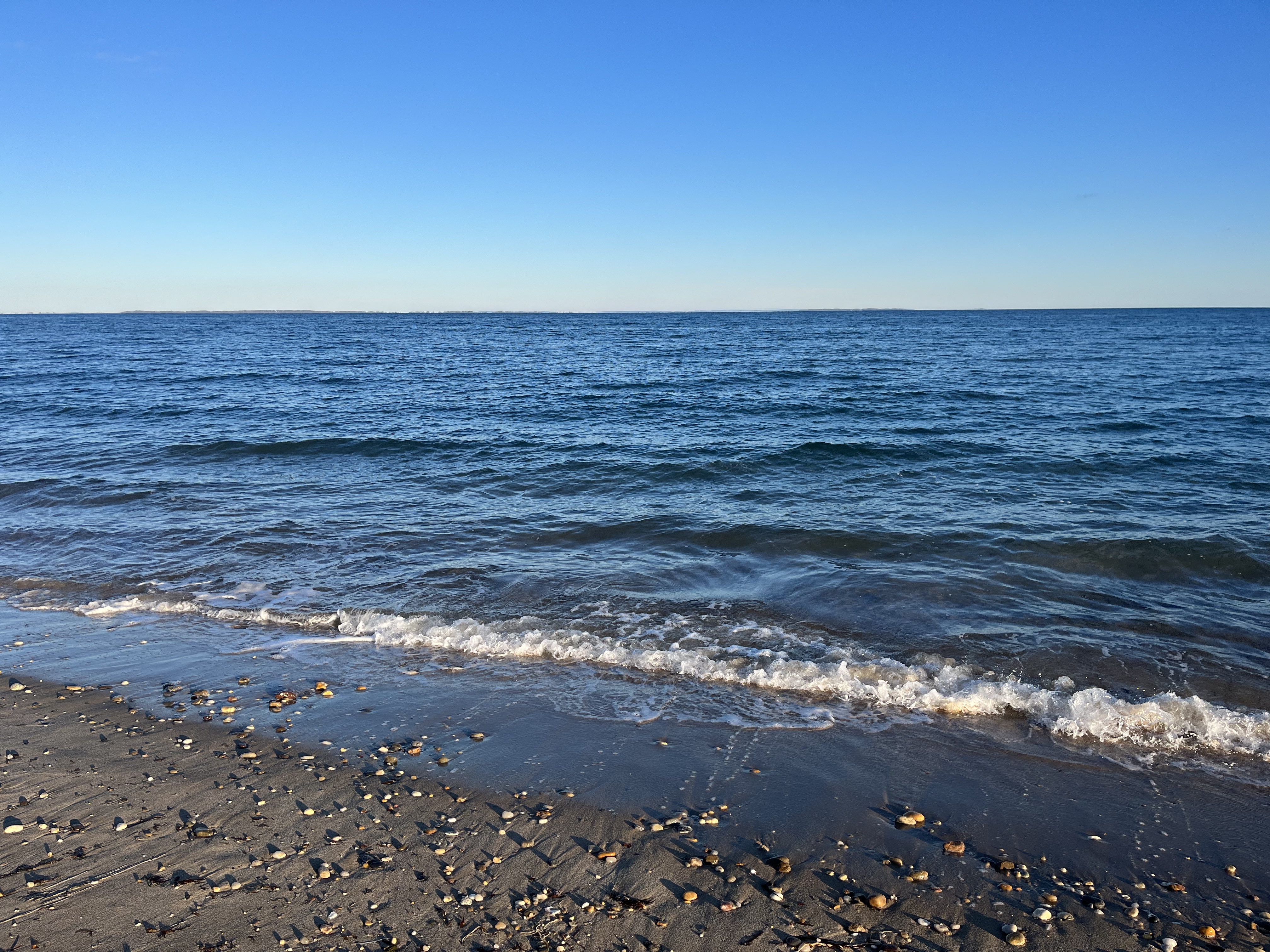
Fueled by the dedication and passion of chapter volunteers across the country, the size and impact of the Surfrider’s Foundation’s Blue Water Task Force (BWTF) continues to grow. In 2023, there were 56 chapter-run BWTF labs testing water quality at their local beaches and coastal waterways to provide much needed information on where it’s safe to swim and recreate in their communities. With a total of 562 sampling sites, the network blew by last year’s record number of testing sites of 499 and are on track to collect well over 9000 samples by year’s end. An exciting part of this growth are 2 new BWTF programs launched by the Cape Fear Chapter in North Carolina and the San Francisco Chapter in California.
In North Carolina, the Cape Fear Chapter has teamed up with the University of North Carolina Wilmington’s Center for Marine Sciences to monitor 8 sites including ocean beaches and public access into the Intracoastal Waterway. Surfrider volunteers collect the water samples and bring them back to the lab at the university for processing. This year-round testing program is helping to fill in the gaps left by the State’s beach program as their frequency of testing drops from weekly during the summer months to monthly during the off-season. The Chapter also intends to use their BWTF program to increase public understanding and awareness of local water quality issues and to build the capacity of their chapter by offering new, hands-on volunteer opportunities.
 left: Cape Fear BWTF, NC and right: San Francisco BWTF
left: Cape Fear BWTF, NC and right: San Francisco BWTF
The goal of the San Francisco Chapter in launching their new BWTF program was to make important water quality and public health information as accessible and inclusive as possible and to raise awareness about historical and current environmental health disparities in their urban area. With this is mind, the chapter was very thoughtful in selecting their sampling sites and decided to start by testing a recreational area adjacent to the Bayview and Hunter’s Point neighborhoods that are home to predominantly black and brown communities. Many of the families living in these neighborhoods are low income and have long faced disproportionate exposure to environmental pollution that is hazardous to their health. The chapter is also testing two other sites where their members enjoy surfing, swimming or just jumping in the water to cool off.
The San Francisco BWTF lab space is hosted by Ocean Plant, and the chapter is looking forward to building relationships with more community groups and organizations next year so they can collectively do more to address environmental health and justice issues in San Francisco and support clean water for all people.
Another highlight from this past year was the release of Surfrider’s film documenting the great partnership that is happening on the west side of Oʻahu to address community concerns in the town of Waiʻanae. Here, the Oʻahu BWTF has teamed up with a local activist Carmen Guzman-Simplicano of Kingdom Pathways to train volunteers to collect samples in Pōkaʻī Bay where many local families have reported getting sick from getting into the water. In less than two years since this partnership began, the state legislature has allocated funding to address local water quality issues and Surfrider has received two separate grants to establish a new lab in the Waiʻanae High School and to establish community-based ‘Extreme Teams’ that will perform comprehensive testing under the guidance of researchers at the University of Hawaii to investigate the influence of extreme weather like king tides and large wet-weather/brown water events on water quality in Pōkaʻī Bay. View the short film here.
Visit the Blue Water Task Force website to see where we are testing in coastal states around the country and to learn more about water quality at your local beach.
